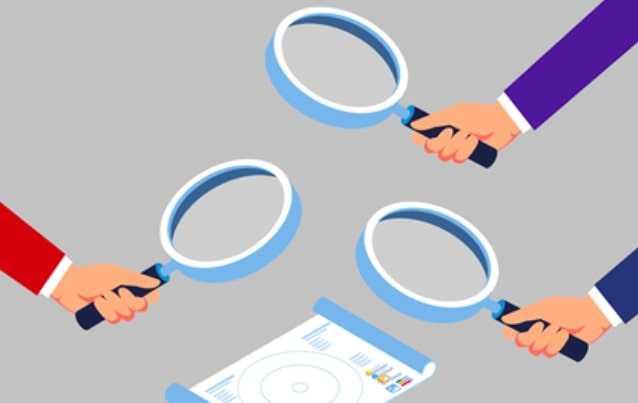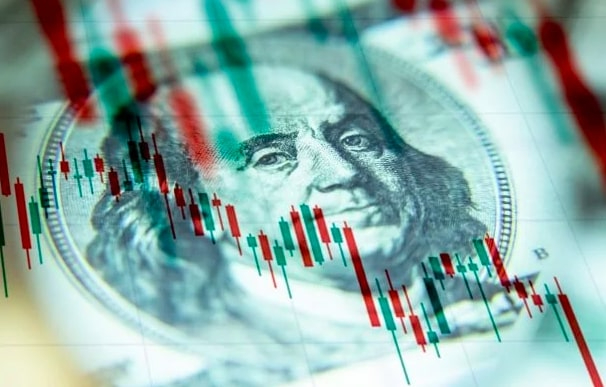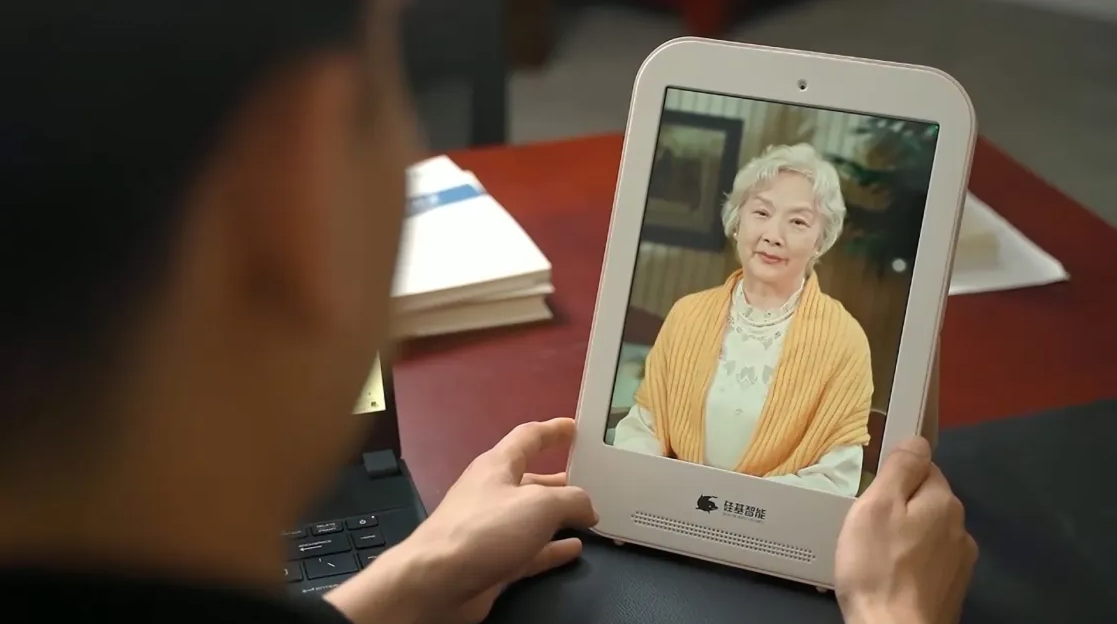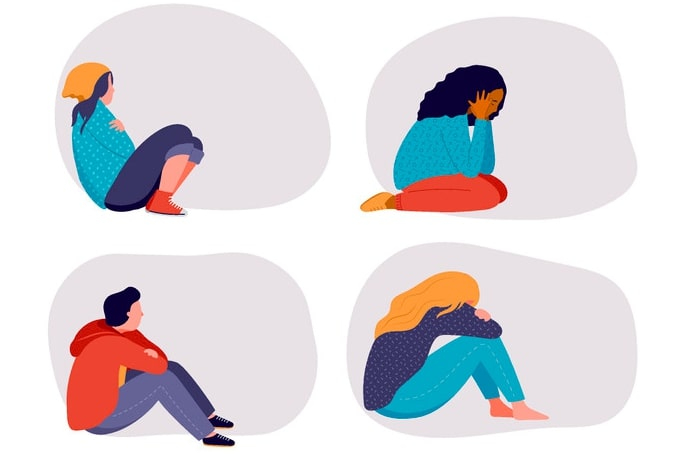Scientific publishers have a growing legitimacy issue

Image: Getty
Scientific journals around the world are increasingly running into a similar problem – some of the papers they’ve published were either partially or completely fabricated, leading to thousands of retractions in recent years.
The most affected has been New Jersey-based publisher Wiley, which yesterday announced the closure of 19 scientific journals it owns. The move comes after Wiley retracted 11,300+ papers from some of the publications over the past two years.
- At least two additional publishers have retracted hundreds of papers each, while several others have pulled smaller batches of research.
How this happens: The faked reports usually come from “paper mills” that offer to list a scientist as an author in exchange for money. The mill submits the fabricated work to scientific journals, typically targeting publishers with less-thorough review processes.
In the case of Wiley, the problem emerged in 2022 when scientists noticed peculiarities in studies published in journals owned by a company Wiley had purchased two years earlier. The papers featured a wide range of anomalies, including:
- Irrelevant citations and references
- Technical-sounding passages that experts described as “an AI gobbledygook sandwich”
- The tweaking of certain phrases to avoid plagiarism detectors, resulting in expressions like “bosom peril” instead of “breast cancer”
Analysts say the current system incentivizes such behavior. Scientists worldwide are often required to publish regularly in peer-reviewed journals to win grants or earn promotions, while journals typically charge publishing fees ranging from $100-$10,000. Researchers say these factors motivate scientists to cheat the system – and also incentivize some journals to ignore fabricated submissions.
Bottom line: Research flagged as fraudulent represents a tiny percentage of the 2+ million scientific papers published each year. But its growing presence could threaten the legitimacy of the ~$30 billion/year academic publishing industry, as well as harm the public perception of science as a whole.
📊 Flash poll: How would you best describe your personal confidence in the scientific community?
See a 360° view of what media pundits are saying →

Sprinkles from the Left
- Some commentators argue academic misconduct and fraud represents a significant waste of the $471 billion in US taxpayer money spent on science over the past decade, and has serious consequences for America’s public health.
- Others contend that the recent spike in retractions of fraudulent papers is due to a combination of sleuthing by scientific volunteers, as well as the fact that major publishers’ business models make them susceptible to paper mills.
- “Academic Misconduct and Fraud Hurt Public Trust in Science” –Bloomberg Editorial Board
- “There’s far more scientific fraud than anyone wants to admit” –Ivan Oransky and Adam Marcus, The Guardian
- “Mistakes and misconduct in science are not synonymous; there are remedies for both” –David A. Brenner, San Diego Union-Tribune

Sprinkles from the Right
- Some commentators argue that the recent spike in scientific retractions reveals that the peer review process is susceptible to missing large errors or fraud, and argue journals should revamp their study verification systems to catch fake papers.
- Others contend that the US can restore lost confidence in its medical and scientific institutions by removing the cloak of secrecy surrounding the funding of science, and demanding more accountability from scientific journals.
- “What’s Wrong With Peer Review?” –Nidhi Subbaraman, WSJ
- “New priorities in U.S. health and science policy: Autonomy and accountability” –Dr. Scott W. Atlas, Washington Examiner
- “Why We Don’t Trust Science Anymore” –WSJ Future View
Share this!
Recent Discussion stories

Discussion
| May 13, 2024Data shows consumers souring on the US economy
💵📉 US consumer sentiment fell last month to its lowest level since November, adding to a growing number of signs that consumers have begun to pull a Fat Joe and lean back.

Discussion
| May 10, 2024Companies are “resurrecting” deceased loved ones using AI
🤖 In yet another example of Black Mirror-turning-reality: A growing number of people who have suffered the loss of a loved one are turning to AI to preserve, animate, and interact with their deceased friend or family member.

Discussion
| May 8, 2024Are younger Americans overloaded on mental health awareness?
🧠 While mental health awareness campaigns are helpful for some young people, a growing amount of research indicates they can also have a negative impact on adolescents as a whole.
You've made it this far...
Let's make our relationship official, no 💍 or elaborate proposal required. Learn and stay entertained, for free.👇
All of our news is 100% free and you can unsubscribe anytime; the quiz takes ~10 seconds to complete